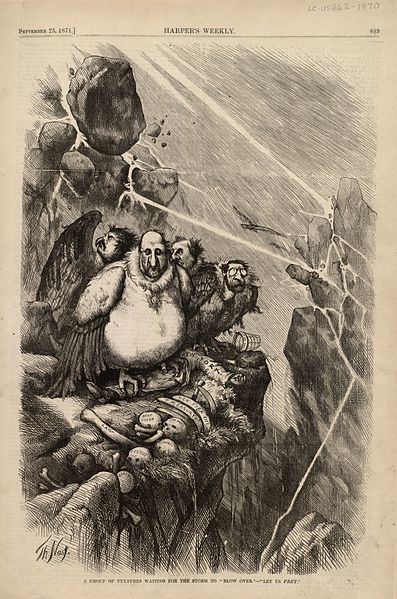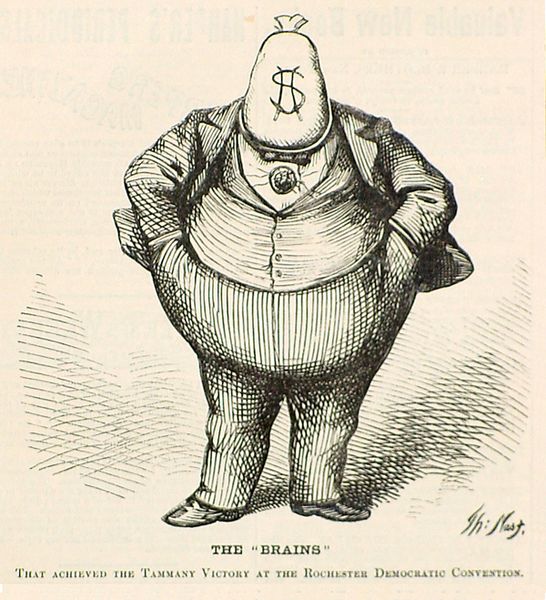Consolidated Edison, Inc., commonly known as Con Edison or ConEd, is one of the largest investor-owned energy companies in the United States, with approximately $12 billion in annual revenues as of 2017, and over $62 billion in assets. The company provides a wide range of energy-related products and services to its customers through its subsidiaries:Consolidated Edison Company of New York, Inc. (CECONY), a regulated utility providing electric and gas service in New York City and Westchester County, New York, and steam service in the borough of Manhattan;
Orange and Rockland Utilities, Inc., a regulated utility serving customers in a 1,300-square-mile (3,400 km2) area in southeastern New York and northern New Jersey; and,
Con Edison Transmission, Inc., which invests in electric and natural gas transmission projects.
Con Ed plant on the East River at 15th Street in Manhattan, New York City
A sketch of the Pearl Street Station, an early power plant on Pearl Street
As well as gas and electricity, Con Ed supplies steam to New York City
William Magear "Boss" Tweed was an American politician most notable for being the political boss of Tammany Hall, the Democratic Party's political machine that played a major role in the politics of 19th-century New York City and State.
Tweed in 1870
Ticket to an 1859 "soiree" to benefit Tweed's Americus Engine Co.
A Group of Vultures Waiting for the Storm to "Blow Over"—"Let Us Prey." by Thomas Nast, Harper's Weekly newspaper, September 23, 1871. "Boss" Tweed and members of his ring, Peter B. Sweeny, Richard B. Connolly, and A. Oakey Hall, weathering a violent storm on a ledge with the picked-over remains of New York City.
Thomas Nast depicts Tweed in Harper's Weekly (October 21, 1871)







